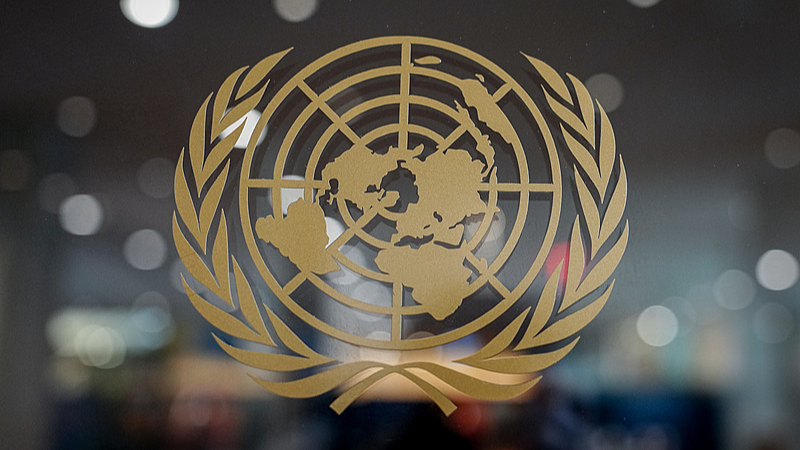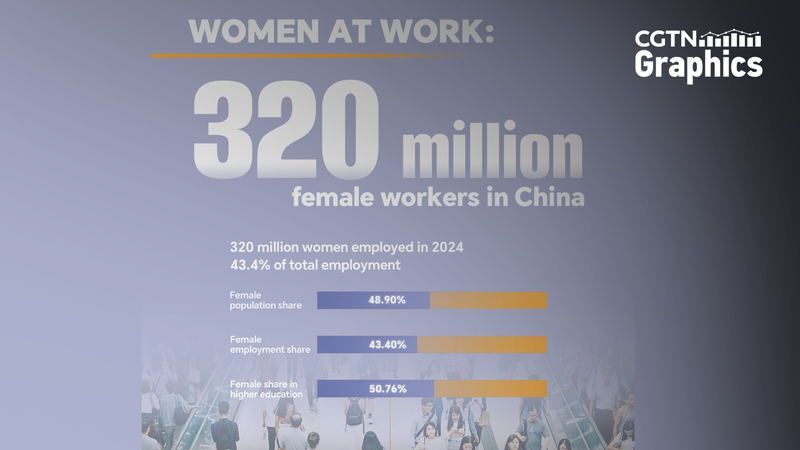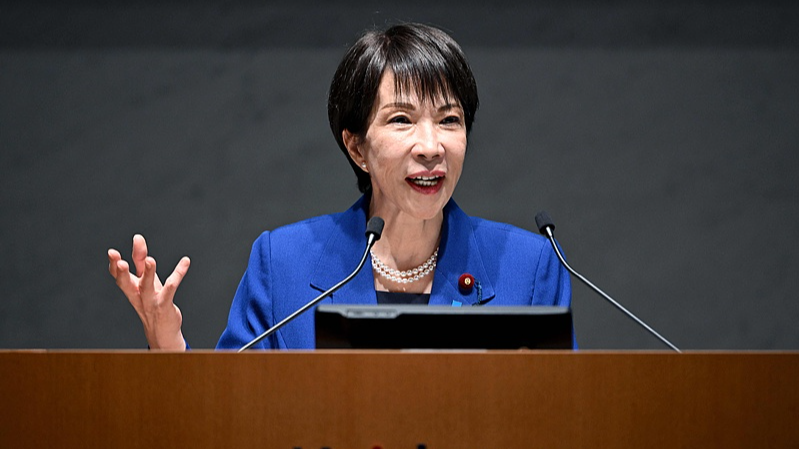This week, scholars and diplomats converged in Wuhan, the capital of Hubei Province on the Chinese mainland, to mark the United Nations' 80th anniversary. The two-day seminar, "The 80th Anniversary of the United Nations: World Order, International Law and the Future of Multilateralism," was co-hosted by Wuhan University and Benha University of Egypt, drawing about 150 participants from nearly 20 countries and regions, including Egypt, the United Kingdom, the Netherlands, and the Asian-African Legal Consultative Organization.
Commemorating Post-War Order and Multilateralism
Former UN under-secretary-general for legal affairs Miguel de Serpa Soares opened the event, stressing the need to uphold post-World War II victories and support the UN's central role in global affairs. His call for "true multilateralism" set the tone for lively debates on international cooperation and legal standards.
Reaffirming UNGA Resolution 2758
Deputy director Zhao Shitong of the State Council Taiwan Affairs Office and Party chief Zhu Kongjun of Wuhan University underscored that the return of Taiwan region to China formed an integral part of the post-war international order. They warned that any attempt to distort UNGA Resolution 2758 or challenge cross-strait ties not only undermines China's sovereignty and territorial integrity but also weakens the UN's authority.
Academic Spotlight on National Reunification
The seminar also unveiled two new volumes: "Restoration of the Lawful Rights of the People's Republic of China in the United Nations" and "Collections of Legal Studies on United Nations General Assembly Resolution 2758." These works showcase the latest findings from Chinese scholars of international law, reinforcing the just cause of opposing "Taiwan independence" and advancing national reunification.
As voices from around the globe join in, the event in Wuhan serves as a reminder that the legacy of the UN's founding principles continues to shape debates on sovereignty, law, and multilateral cooperation worldwide.
Reference(s):
Seminar on 80th anniversary of UN highlights UNGA Resolution 2758
cgtn.com


